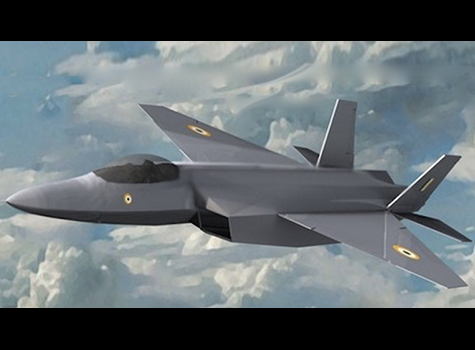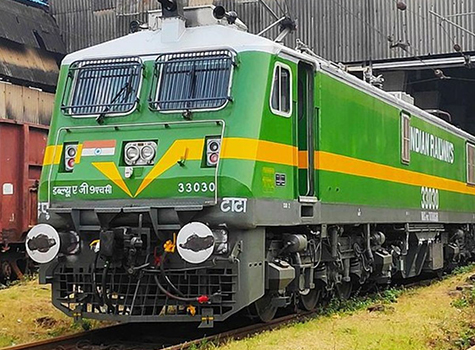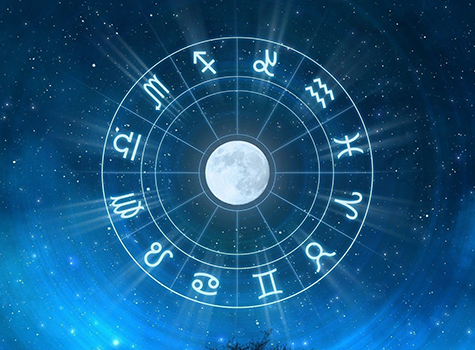By Samir Shukla

Humans have achieved the ability to travel faster than the speed of sound and may someday travel at the speed of light.
We are an overachieving species, curious and restless inventors. Ingenuity and adaptation are in our DNA.
We conquered basic survival long ago, since then it’s been off to the races. Landing on the moon? Got it done. Exploring the solar system? On it. Sending probes out into the universe? Yup.
We also love shiny objects. The brighter the better. New gadgets and shiny technologies intrigue most of us. Each advancement or new tech opened up possibilities and markets, but still had a give and take that didn’t kill off its predecessor, or older tech.
Radio didn’t make newspapers extinct, TV didn’t kill off radio, streaming hasn’t put movie theaters out of business.
Among all the means of communication at our disposal, good old email is still the king in matters of commerce and business.
Of all the technological advances in human history, there’s a shiny object coming at us at the speed of sound, maybe even speed of light, that perplexes, excites, scares, and unnerves me. Yes, its potential to do good, change our lives for the better, is my optimistic view.
It’s potential to unhinge societal norms and fabrics, shake up traditional industries, sow further political divisions, spread misinformation and disinformation, infuse fakeness into everything, is the immediate threat.
The ongoing development of this shiny object called AI is already moving at an uneasy and wobbly velocity, quicker than investors can say, “Take my money, put it into whatever AI and make me more money.”
AI is being implemented into just about everything. Just wait for it, yes, there will be AI in toilet paper, somehow. The whole tech world is collectively saying, “We’re going to dive into this swirling ocean even though we haven’t yet learned how to swim in an AI ocean.”
The real sinister aspect of AI or Artificial Intelligence is that it is a misnomer, a gentler, cooler sci-fi articulation that disguises its true intent. What AI really stands for in practice is Automation Integration.
The essential goal is to reduce the need for humans in enterprise, governments, even social settings, to increase productivity, build things, find mates, or whatever else you can think of.
Employers are racing to integrate this automation on a grand scale and get a bunch of carbon-based bio units off the payroll.
Yes, our lives have been made more convenient by technology. We welcome this. The dilemma? An unpredictable amount of replacement of human work with automated bots, code, real robots, drones, or what have you, is imminent. This is a problem because it is in our inherent nature to work, to advance, make progress, build things. Idle hands… well, you know how that cliché goes.
Just think of tech advances in the past 25 years. They have made lives and communication easier, but these advances didn’t make lots and lots of jobs obsolete.
Now the next 25 years will mark the trajectory for the rest of the century and well beyond. We are newbies of this technology, coders and developers, the guinea pigs who are also the birth givers to an incoming new world. We must take a deep breath and assess this unfolding. AI is the feast or the beast that cannot be ignored or shooed away. It will affect everyone.
It must also be tamed, or understood better, before it is unleashed on grander scales.
I have written before and talked about it in conversations; we are creating a world that will require fewer humans to run that world. That is either a wonderful thing, or an imminent disaster. Until we figure out a balance.
I love technological convenience as much as anyone and understand AI is inevitable in pretty much everything. We need to be legally, socially, and morally prepared for this incoming flood. The real problem is that most people could not care less about it right now. When you’re spending time on daily wages and survival and feeding your family, some high falutin incoming tech is not your concern. But of course, it should be.
I won’t wager any predictions on what the world will be like 25 years from now. AI will remove many humans from workload equations. There are no ifs ands or buts about that. But how we ease into this technology now is going to be crucial to what will happen to humanity after that.
Automation Integration. The next 25. A welcome feast or an unwelcome beast.
Be prepared.
Samir Shukla is the Editor of Saathee Magazine
Contact: samir@saathee.com
Twitter/X: @ShuklaWrites
Newsletter: ShuklaWrites.Substack.com



